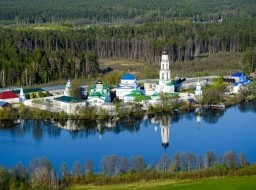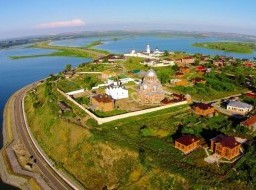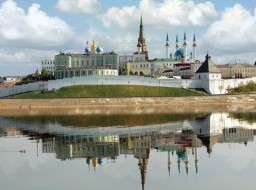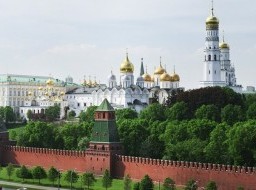Kazan State University
Kazan University, one of the oldest universities in Russia, was founded on November 17, 1804, when Emperor Alexander I signed the Affirmative Letter and the Charter about the creation of the Kazan Imperial University.The first students, enrolled in 1805, were graduates of the First Kazan Gymnasium – an autonomous affiliate of Moscow State University, under whose auspices Kazan University first operated. Founded in 1804 as Kazan Imperial University, it is the second oldest among Russian universities. Famous mathematician Nikolai Ivanovich Lobachevsky served there as the rector from 1827 until 1846. In 1925, the university was renamed in honour of its most famous student Vladimir Ilyich Ulyanov (Lenin). The university is known as the birthplace of organic chemistry due to works by Aleksandr Butlerov, Vladimir Markovnikov, Aleksandr Arbuzov, and the birthplace of electron spin resonance discovered by Evgeny Zavoisky. In 2010, Kazan University received the federal status. It is also one of 15 Russian universities that were selected to participate in 5–100 Russian Academic Excellence Project coordinated by the Government of the Russian Federation and aimed to improve their international competitiveness among the world’s leading research and educational centers. |
|
















